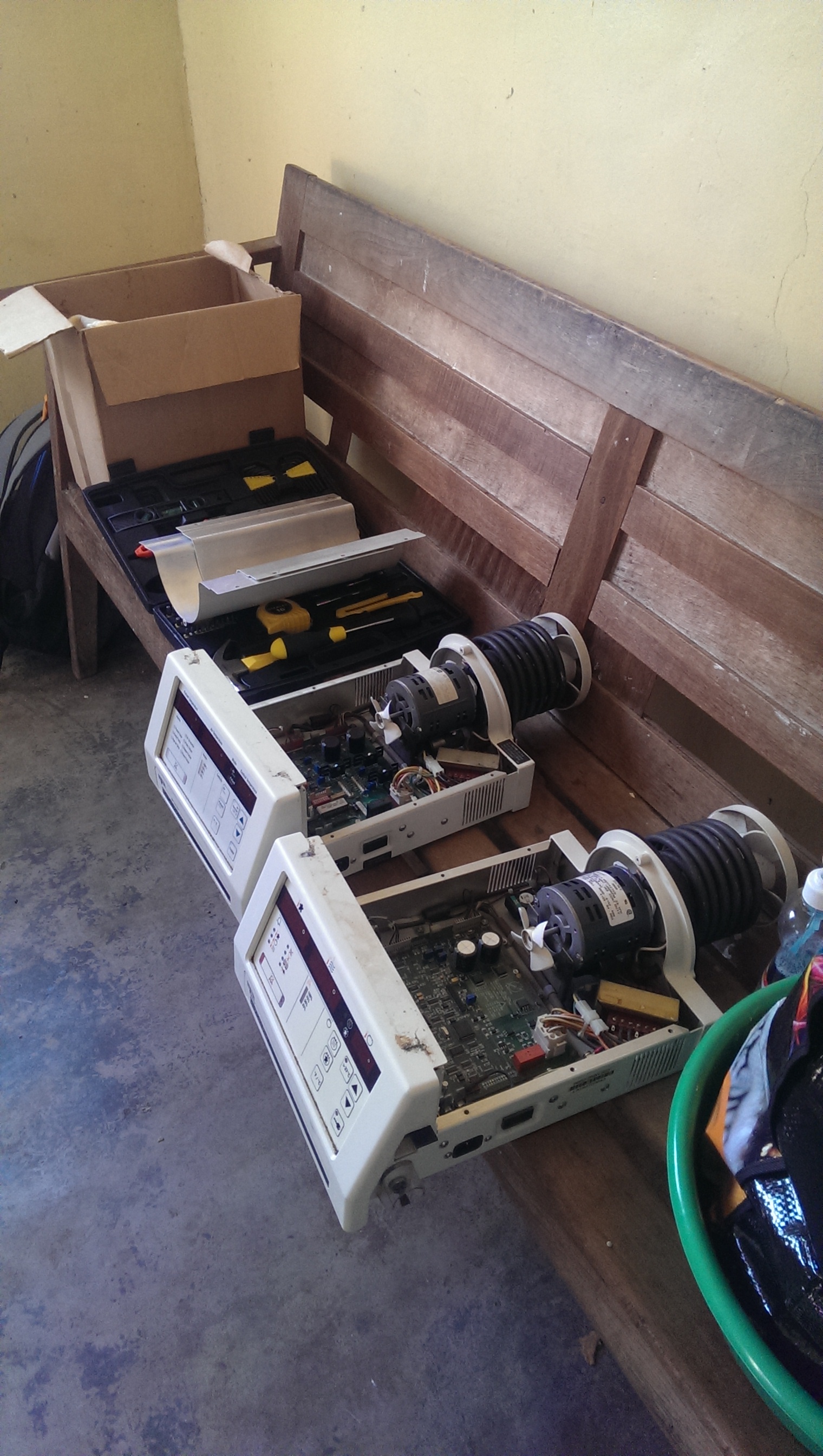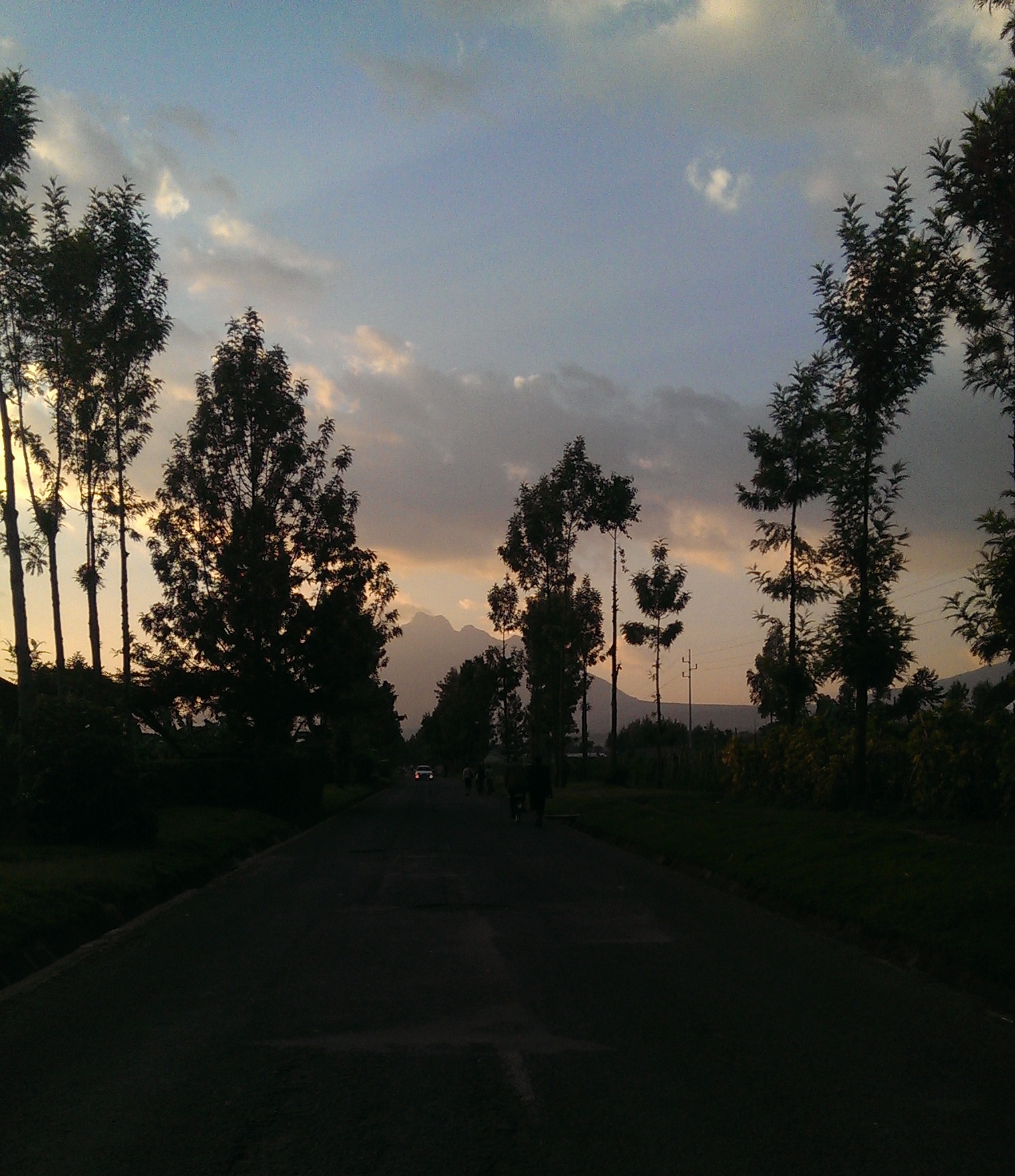As my time is winding down here in Musanze at Ruhengeri Hospital, I want to take a minute to reflect on my work here as an avenue for planning my last week.
When I first found this internship opportunity with Engineering World Health I thought it fit perfectly with my career goals since I ultimately want to apply my Biomedical Engineering skills to problems faced in the developing world. In my mind, working in a developing world hospital as a Biomedical Engineering Technician (BMET) would be exactly what I was looking for. This was unfortunately naive since being a technician is very different from the kind of engineering I want to do in my future. However, my experience has lead me to find specific needs and other applications of Biomedical Engineering in the developing world and being in Rwanda has provided me with many unique experiences.
This internship has been a much welcomed break from traditional school. Working as a BMET has been not only been an incredibly rewarding experience, but also a great way for me to build my intuition surrounding electronics, user interface, practicality, and other aspects of engineering design. While I am often faced with a problem where theory is useful to know, I have not been in many situations where I could not find a solution using nothing more than persistence and reasoning skills. I also find myself learning much more than just BME skills. Here I learn how to communicate when I only have a limited knowledge of the local language. I am challenged everyday to overcome cultural barriers and work to understand where my time is best spent in a hospital with so much need and so few hands to do the work. The work here also exposes me to much more equipment and kinds of work than I would have expected. Because there are so few people to do technical work, we will often turn into electricians, trainers, construction workers- the list goes on. How much I learn here is much more dependent on my own initiative than in the academic world.
Aside from learning, I find myself with more free time in the “work world”. I am more able to set aside time for running, reading, and socializing since I know what my schedule is everyday and there are no added assignments that bleed into my afternoon. It has also been rewarding making professional relationships at the hospital that I know will serve me later in my career. The differences between academic life and my life here in Musanze are innumerable.
I mentioned before that what I learn is largely dependent on how much I apply myself. This is because our working environment is a bit unconventional. While we have a BMET that is our boss, he is the only BMET for 15 facilities throughout Musanze so he is a very busy man. We do not have many assigned projects or tasks. Instead, Tracy and I have made a point to introduce ourselves to all of the hospital staff and prove to them that we can be trusted to fix and return their broken devices. In order to do this, we undertook an inventory project. Our goal was to take inventory of the machines in each department of the hospital so that we can report the specific technology needs to the Ministry of Health. We completed this project early this week. Doing this project is not only a service to the hospital and the country, but it also put our feet in the door of each department. We went in with a need to speak with each director to get approval to take inventory. In the process of taking inventory we were able to introduce our selves to nurses, doctors, and maintenance staff. As they grew to know our faces and understand our role at the hospital, they showed us piles and even rooms of broken equipment that we were able to fix and return. We would not have been nearly as effective at Ruhengeri if we had not taken on the inventory project. Hopefully the inventory is helpful for the Ministry of Health and can be used as proof of their need for new equipment.

Overall, the environment here in Musanze and at Ruhengeri Hospital is very welcoming and often beautiful. With only a week left at Ruhengeri Hospital I am beginning to count the things that I will miss most. On the top of the list is the people I have met here. Each morning my partner and I are greeted by a number of staff who wish us a good morning and ask us how we are. They make the work environment at the Hospital very inviting. I will also miss living in the small town of Musanze which is surrounded by 5 beautiful volcanoes. One of my favorite parts of the environment outside of work is watching the sun set behind the volcanoes each evening. I also love being able to walk down the street to my favorite chapati stand and be met by a familiar, smiling face. Fortunately, I think these pieces of the environment are somewhat replicable in other work places.
Time is flying by here, but I hope our last week will continue to be filled with discoveries and friendly faces.

